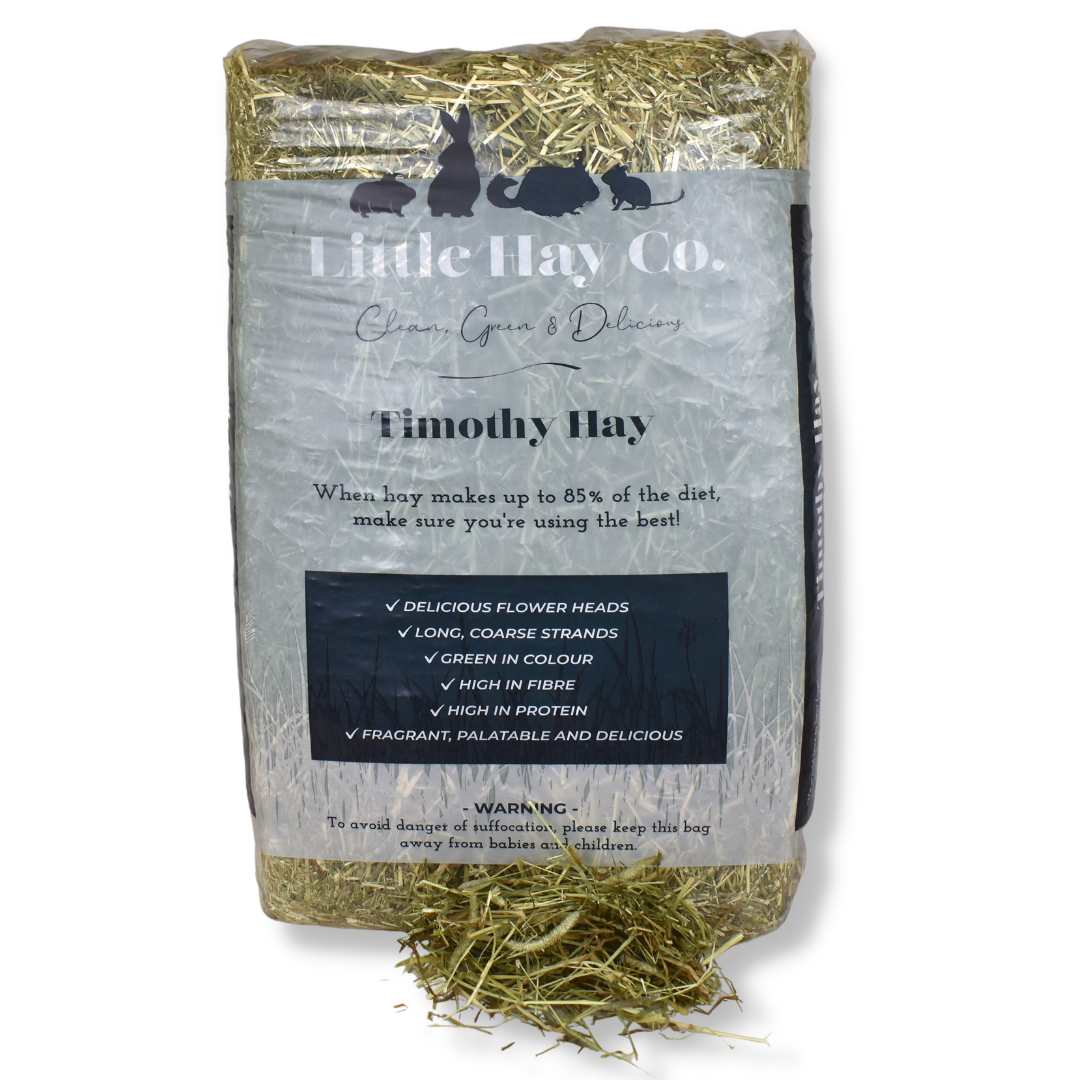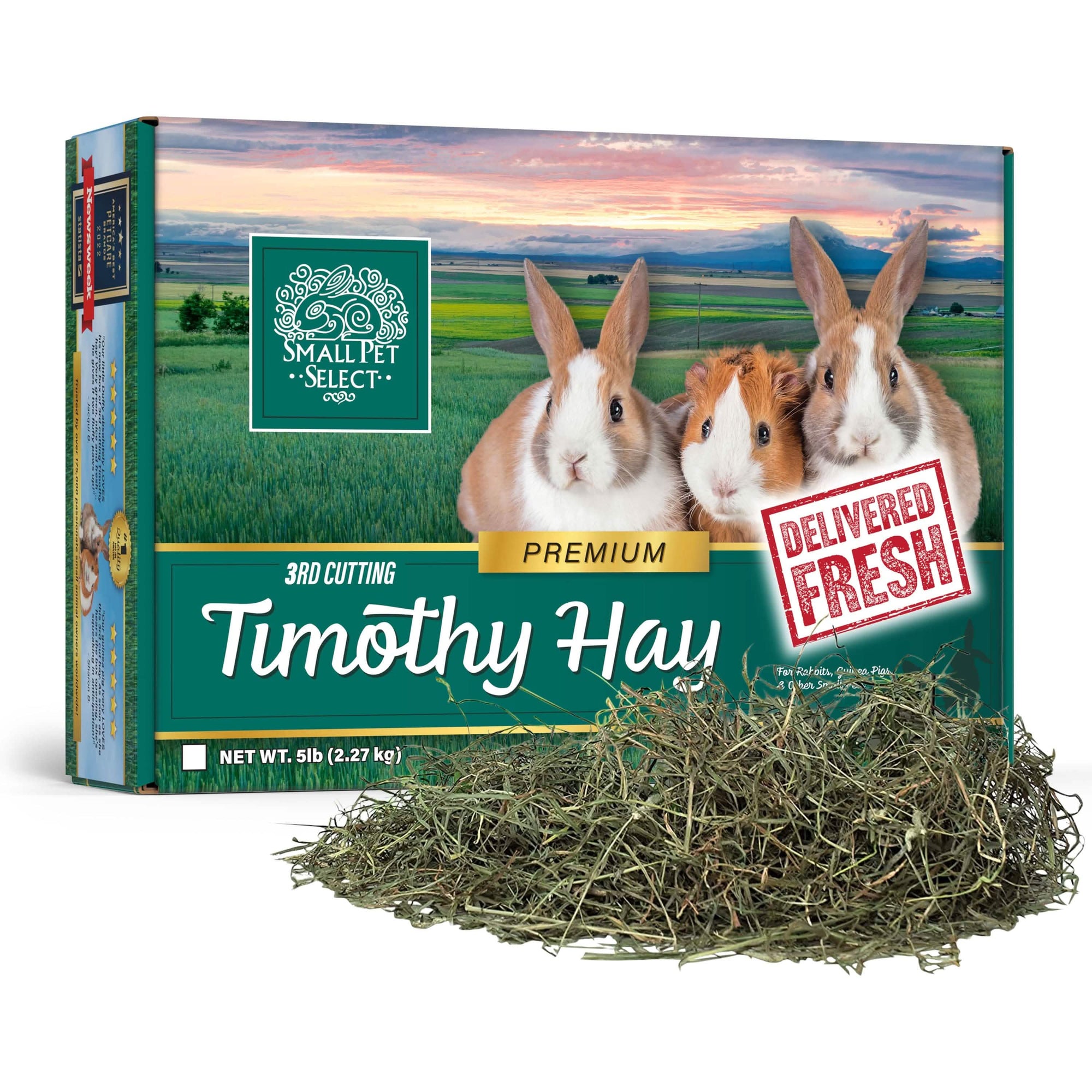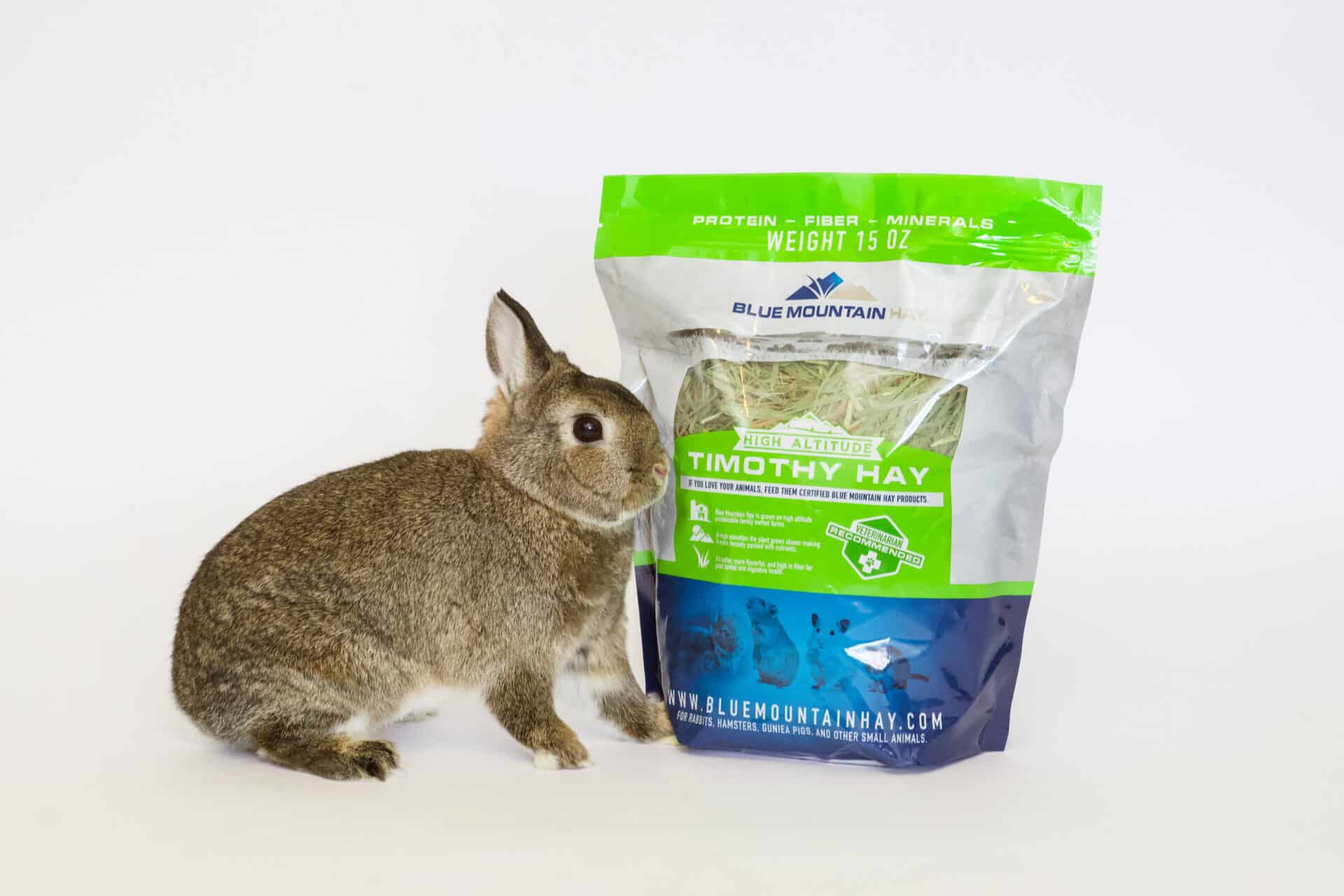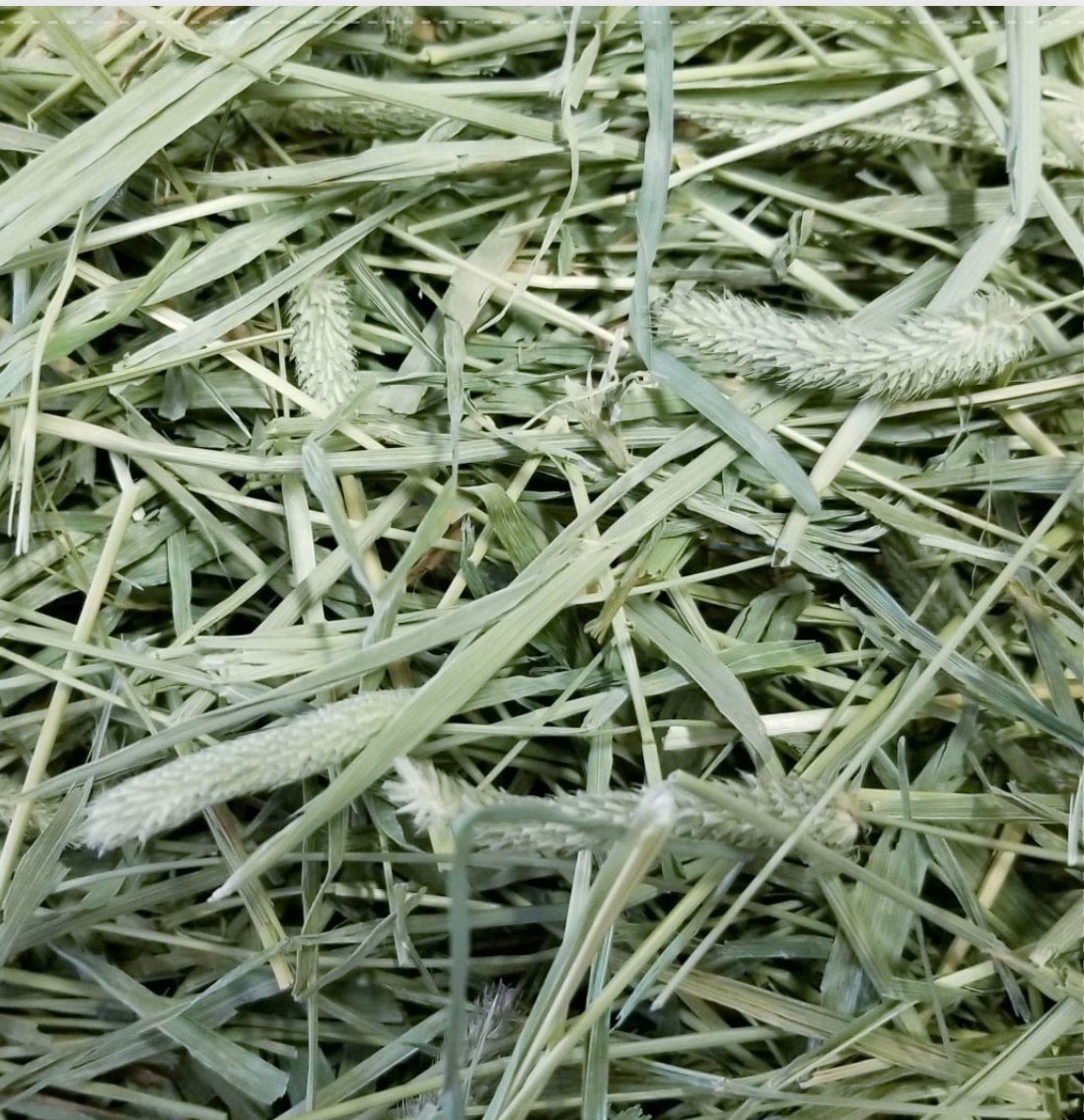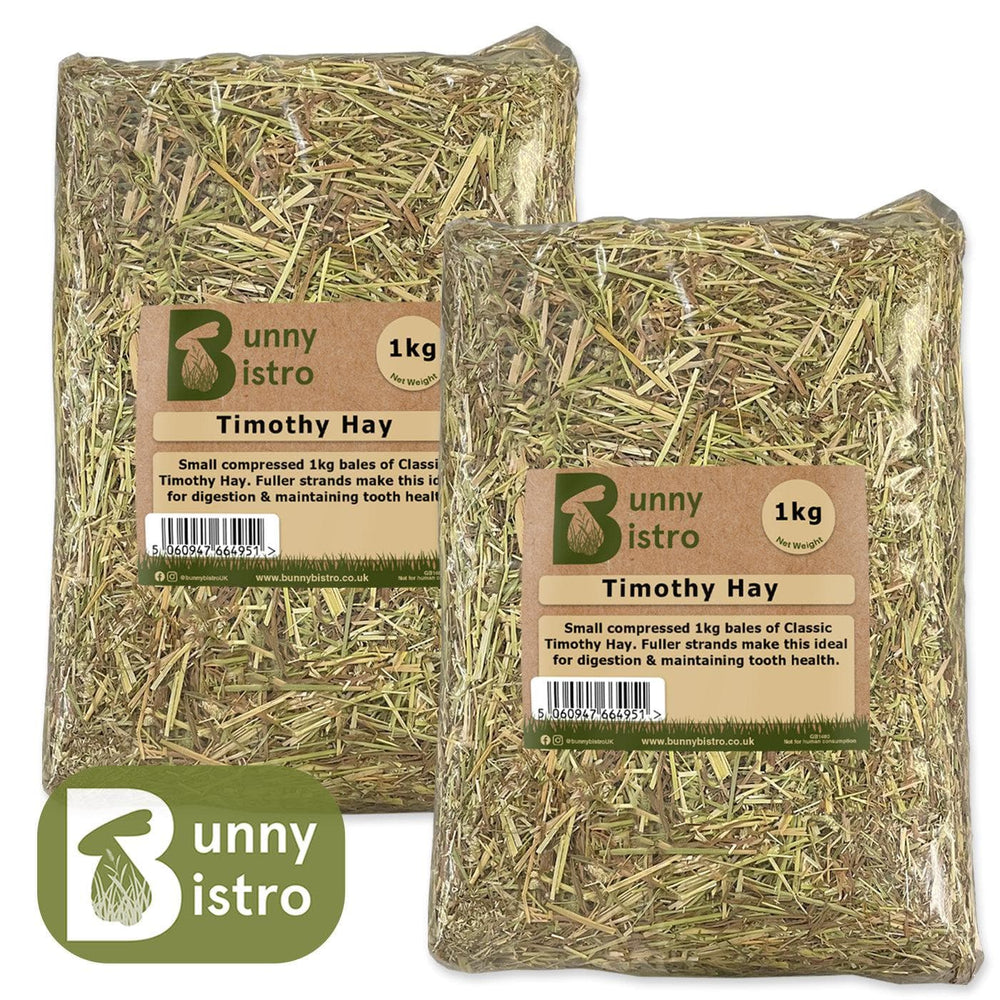Is Timothy Hay Good For Rabbits

For rabbit owners, ensuring a healthy diet is paramount. At the heart of a rabbit's well-being lies a seemingly simple question: Is Timothy hay truly beneficial?
This article delves into the nutritional aspects of Timothy hay and its role in a rabbit's dietary needs. We'll explore the reasons why it's often recommended by veterinarians and rabbit experts, while also addressing any potential drawbacks or considerations for specific rabbit health conditions.
The Cornerstone of a Rabbit's Diet
Timothy hay is a type of grass hay that is commonly recommended as the primary food source for adult rabbits. It offers several vital benefits for their health.
Its high fiber content is crucial for proper digestion and preventing gastrointestinal (GI) stasis, a potentially life-threatening condition in rabbits. The roughage provided by Timothy hay also helps wear down their constantly growing teeth, preventing dental problems.
Nutritional Composition
Timothy hay's nutritional profile makes it an ideal food for rabbits. It is low in protein and calcium, which is important for adult rabbits as excessive amounts of these nutrients can lead to health problems like bladder sludge or stones.
The fiber content typically ranges from 30-35%, contributing significantly to gut health. The precise nutritional content can vary depending on the harvest and growing conditions.
According to the House Rabbit Society, rabbits should have unlimited access to grass hay like Timothy hay. This allows them to graze throughout the day, mimicking their natural eating habits and promoting optimal gut motility.
Why Timothy Hay Stands Out
While other types of hay exist, Timothy hay is often preferred over alfalfa hay for adult rabbits. Alfalfa hay is richer in protein and calcium, making it more suitable for young, growing rabbits or pregnant/nursing does.
However, for adult rabbits, the higher protein and calcium levels in alfalfa can pose health risks. Orchard grass hay is another acceptable alternative, offering similar nutritional benefits to Timothy hay.
"Unlimited access to grass hay, such as Timothy hay, is essential for a rabbit’s digestive health and dental well-being," emphasizes Dr. Emily Carter, a veterinarian specializing in rabbit care.
Different cuttings of Timothy hay also exist, typically first, second, and third cuttings. First cutting hay is often coarser with more stems and seed heads, while second and third cuttings are leafier and softer.
The best cutting depends on the rabbit's individual preferences, but all cuttings provide valuable fiber. Some rabbits may prefer the texture of first cutting, while others may prefer the softer texture of second or third cutting.
Potential Drawbacks and Considerations
While Timothy hay is generally excellent for rabbits, there are some situations where alternative options or supplementation might be necessary. Rabbits with specific health concerns may require a modified diet.
Rabbits with kidney problems, for instance, might benefit from a lower calcium hay blend. Older rabbits with dental issues may struggle to chew coarser hays, requiring softer options.
Some rabbits may develop allergies to Timothy hay, though this is rare. In such cases, orchard grass hay or other alternative grass hays can be substituted.
Ensuring Quality and Storage
The quality of Timothy hay is crucial for its nutritional value. Look for hay that is green, fragrant, and free from mold or dust.
Store Timothy hay in a cool, dry place to prevent spoilage. Avoid storing it in airtight containers, as this can trap moisture and lead to mold growth.
A well-ventilated space is ideal to maintain the hay's quality. Regularly inspect the hay for any signs of deterioration.
The Importance of a Balanced Diet
While Timothy hay forms the foundation of a rabbit's diet, it should be complemented with fresh vegetables and a small amount of high-quality rabbit pellets. This ensures a well-rounded nutritional intake.
Leafy greens like romaine lettuce, parsley, and cilantro provide essential vitamins and minerals. Pellets should only constitute a small portion of the diet, as overfeeding can lead to obesity and other health problems.
Fresh water should always be available to ensure proper hydration. A balanced diet contributes significantly to the overall health and longevity of a rabbit.
Conclusion
In conclusion, Timothy hay is indeed a highly beneficial and essential component of a healthy rabbit diet. Its high fiber content, low protein and calcium levels, and dental abrasion properties make it a superior choice for adult rabbits.
However, it's crucial to remember that each rabbit is unique. Individual dietary needs may vary depending on age, health condition, and activity level, so consulting with a veterinarian is always recommended.
By providing unlimited access to high-quality Timothy hay and complementing it with a balanced diet, rabbit owners can ensure their furry friends live long, healthy, and happy lives.

